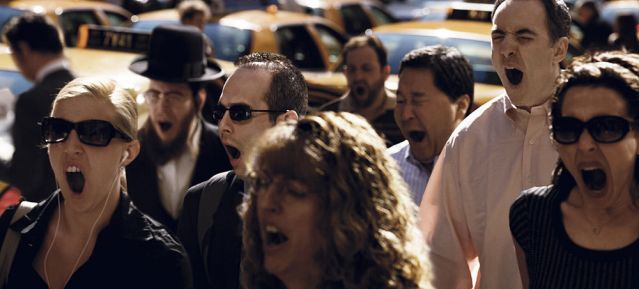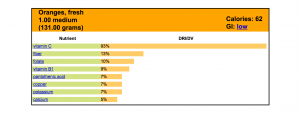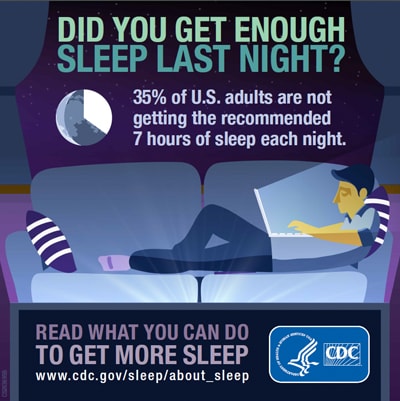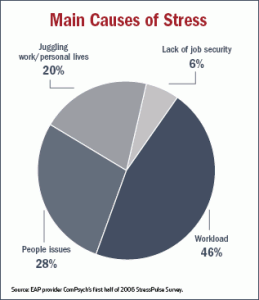If I see someone yawn, I find myself yawning a few seconds later. This may appear to be an anecdotal observation, but I have commonly heard this occurrence in other people’s lives. In addition, it has occurred on many instances for me, and I am sure many people reading this are familiar with the topic. I wanted to do more research on this subject in order to see if there is any scientific evidence that supports my hypothesis that yawning  is contagious.
is contagious.
By the end of this post I will have hopefully found enough evidence to either accept or reject the null hypothesis. In terms of this topic, the null hypothesis is if yawns are not contagious and the alternative hypothesis is that they are contagious. Let us find out.
Psychology Today mentions a study performed by Duke University in one of their articles. The study set out to determine the factors of contagious yawning and if this could mean more than simply fatigue. Here, the university implies that there may be hard endpoints, as in illness or disease, at play instead of merely soft endpoints, as in fatigue, that society believes a yawn displays. In the study, approximately 330 healthy people watched a three minute video of continuous yawning and about ⅔ of the participants ended up yawning at least once during the video. Before the experiment, third party variables were tested among the participants, which assures the audience about the unlikelihood that they could play a large factor in the results. The difficulty with this study is that it should be an observational study, but it was transformed into an experimental study for simplicity. The participants were gathered to a room and told to watch this video, but the study leaves out if they knew what they were there for or not. Some participants may have held back their instinct to yawn, if any, which could have distorted the data. In my opinion, for the university to get the most accurate results, they should have found another way to test this theory without manipulating the variable and leaving the results to nature. In addition, this study lacks a control group; in fact, a control group would be very useful in this study. For example, they could have had split this group in two and had one group watch the yawning video and one group watch a different video or nothing at all. With this, the results could be compared to a normal setting. On the other hand, three minutes is a pretty short amount of time and since ⅔ of the participants yawned at least once, it shows that the video of people yawning most likely had something to do with most of the group yawning at least once.
Many believe that yawning may express more about someone other than if they are tired. Researchers at Baylor University set out to determine if a person’s compassion or sympathy correlates to contagious yawning. Before the study, the 135 participants (who are college students) took an in-depth test to determine each person’s level of compassion and sympathy for others. To me, these self-reported traits can be difficult to validate because people typically do not want to appear mean or standoffish. After the quiz, each participant was put in front of a computer screen and used headphones while watching various images flash across the screen. One of the images was a yawn, and the researchers recorded the number of students who would yawn at the sight of that specific computer image. In conclusion, the scientists did see a correlation between compassion and contagious yawns. In addition, they believe these results are valid. To me, with larger participants and more trials, this experiment would have been more effective.

Although there is no known mechanism for why yawning is contagious and what can/cannot trigger a yawn, it is suggested that yawning is indeed contagious, and the null hypothesis is rejected. Do not be surprised the next time you find yourself yawning after you see someone else do it, and remember it is merely your instincts.
Image 1: http://cdn.natgeotv.com.au/factsheets/thumbnails/Yawn-Header.jpg?v=14&azure=false&scale=both&width=1024&height=560&mode=crop
Image 2: https://cdn.psychologytoday.com/sites/default/files/styles/image-article_inline_full/public/blogs/75174/2014/03/146242-148374.jpg?itok=02Vsu3jd

 that we had paper towels in our bathrooms.
that we had paper towels in our bathrooms. Of course, there are many different aspects to this controversy that differ from the hygienic standpoint of it all. Air dryers are favored when it comes to cost and friendliness to the environment. According to the
Of course, there are many different aspects to this controversy that differ from the hygienic standpoint of it all. Air dryers are favored when it comes to cost and friendliness to the environment. According to the 
 is contagious.
is contagious.
 I talk to my dad on the phone often, he hints that I should be drinking orange juice everyday in order to avoid getting sick. Within the past month, I have drank over two gallons of orange juice in order to avoid getting sick. With my experiences, I believe orange juice can prevent getting sick, but since this is merely an anecdotal observation and could potentially be a myth, I did more research to find out.
I talk to my dad on the phone often, he hints that I should be drinking orange juice everyday in order to avoid getting sick. Within the past month, I have drank over two gallons of orange juice in order to avoid getting sick. With my experiences, I believe orange juice can prevent getting sick, but since this is merely an anecdotal observation and could potentially be a myth, I did more research to find out.
 Researchers at Clemson University set out to determine if double dipping adds germs and bacteria to food. The
Researchers at Clemson University set out to determine if double dipping adds germs and bacteria to food. The  A group of psychologists from
A group of psychologists from 

